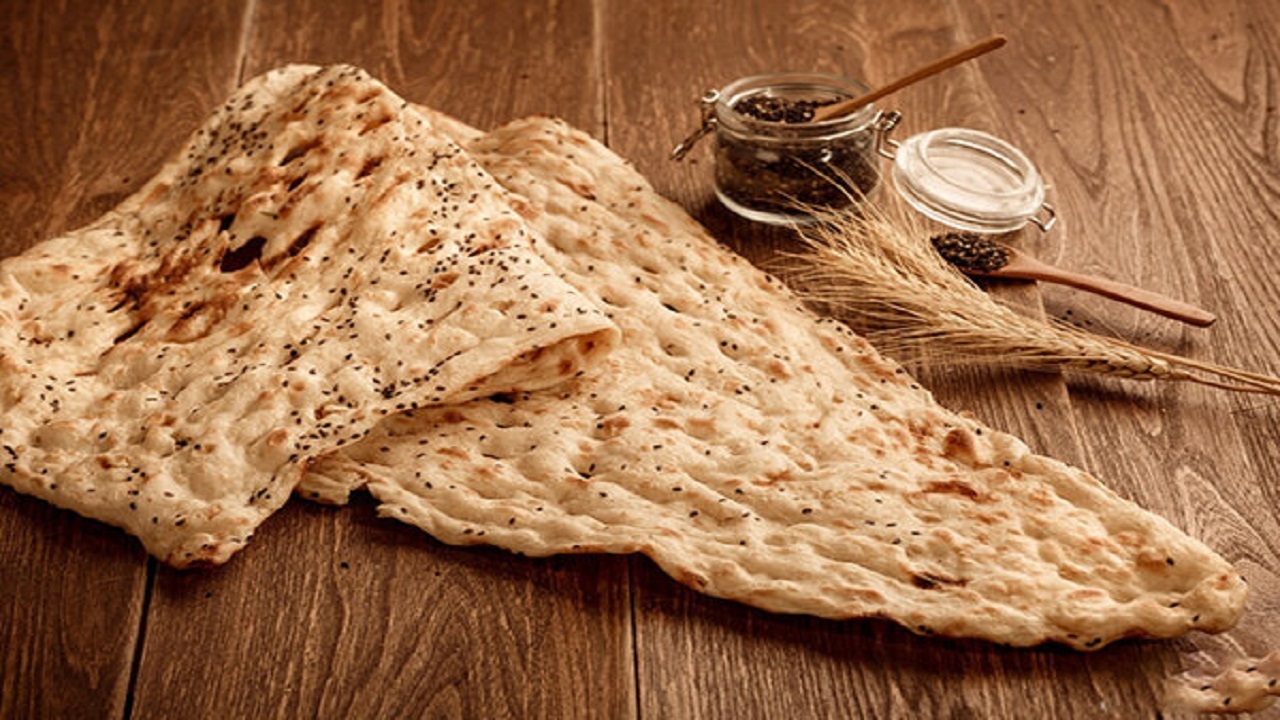The sharp decrease in the allocation of flour to bakers across Iran is making their work increasingly difficult. Reports indicate that these rations are being reduced every ten days, and maintaining the fixed price of bread will lead to a bread crisis throughout the country.
The head of the Sangaki Bakers (a traditional bread in Iran) Union announced that bakers in Tehran are receiving 50 to 60 percent less in flour rations. Mohammad Soleimani said in an interview with the semiofficial ILNA news agency on May 16 that the government intended to end the practice of selling flour at government rates and pay bakers the price difference through the implementation of an “intelligent automation plan for bakers”.

The government intended to prevent the sale of flour through this plan, but the result was that the allocation of flour to bakers was reduced every ten days, Soleimani explained, adding that “another concern has been added to the bakers’ worries.”
According to Soleimani, bakers are no longer motivated to continue their line of work following the significant decrease in flour rations and escalating business prices.
Soleimani explained that baking bread for Sangaki bakers is not economically feasible at a price of 30,000 rials (approximately $0.05) for each loaf, adding that the government intends to keep the bread price fixed by decree. Soleimani also reported the disregard for the price analysis of the Union and said that the government does not ask for the opinion of industry experts about the price of bread.
Sangaki bread under 50,000 rials is not economically justifiable, Soleimani continued, adding that bakers who sell Sangaki bread for 30,000 rials are manipulating its weight.
According to Soleimani, there are various reasons for the reduction in the bakers’ flour rations. Even bakers who have not committed any violations in the sale, weight, or price of bread have faced a reduction of 20 bags from their rations.
It is worth noting that the minimum monthly salary of wage earners in Iran is approximately 80 million rials (approx. $155).
Disruptions in smart devices, another problem in Iran’s bakeries
According to reports, one of the problems facing bakers is the frequent disruptions witnessed in their electronic payment devices. Also, the shortage of paper rolls for electronic payment devices has forces bakers to spend a lot of time trying to contact support companies to obtain paper rolls. According to the head of the Sangaki Bakers Union, in one case, instead of purchasing 11 loafs bread, the electronic payment device registered the purchase of 1,111 bread loafs. Returning the mistakenly deposited money was only possible after repeated calls to the Union. This is because the company in charge of the support system for this device had said that refunding money in this system is impossible.
Economy Ministry: No government plan to increase price of bread and bakery flour this year
Meanwhile, the regime’s Ministry of Economy has announced that the government has no plan to increase the price of bread and bakery flour this year but intends to strengthen the economy of bakery units by relying on non-monetary tools. Earlier claims about the stability of bread prices had been made, but these claims do not correspond to the reality of the market and the actual price of bread.
The Ministry of Economy has also claimed that the increase in the price of government-purchased wheat does not necessarily mean an increase in the price of flour delivered to bakers and the price of bread. In previous years, the increase in the price of government-purchased wheat from farmers did not lead to an increase in the price of flour and bread, the Ministry statement added.
These remarks are made at a time when the Tehran Chamber of Commerce warned last December that the failure to eliminate subsidies for flour and bread, and the resulting mandatory pricing stability in this industry could lead to a new crisis. The diversion of subsidized flour from bakeries to livestock farming could lead to a bread crisis.
When visiting different bakeries, people are faced with different prices. You can buy a loaf of Sangaki bread from 50,000 to 400,000 rials (approximately $0.19 to $0.76), although their quality has not changed.
However, Sangaki bread in most bakeries costs around 100,000 rials, making it too expensive for the majority of Iranian families as tens of millions of people are currently living in poverty.